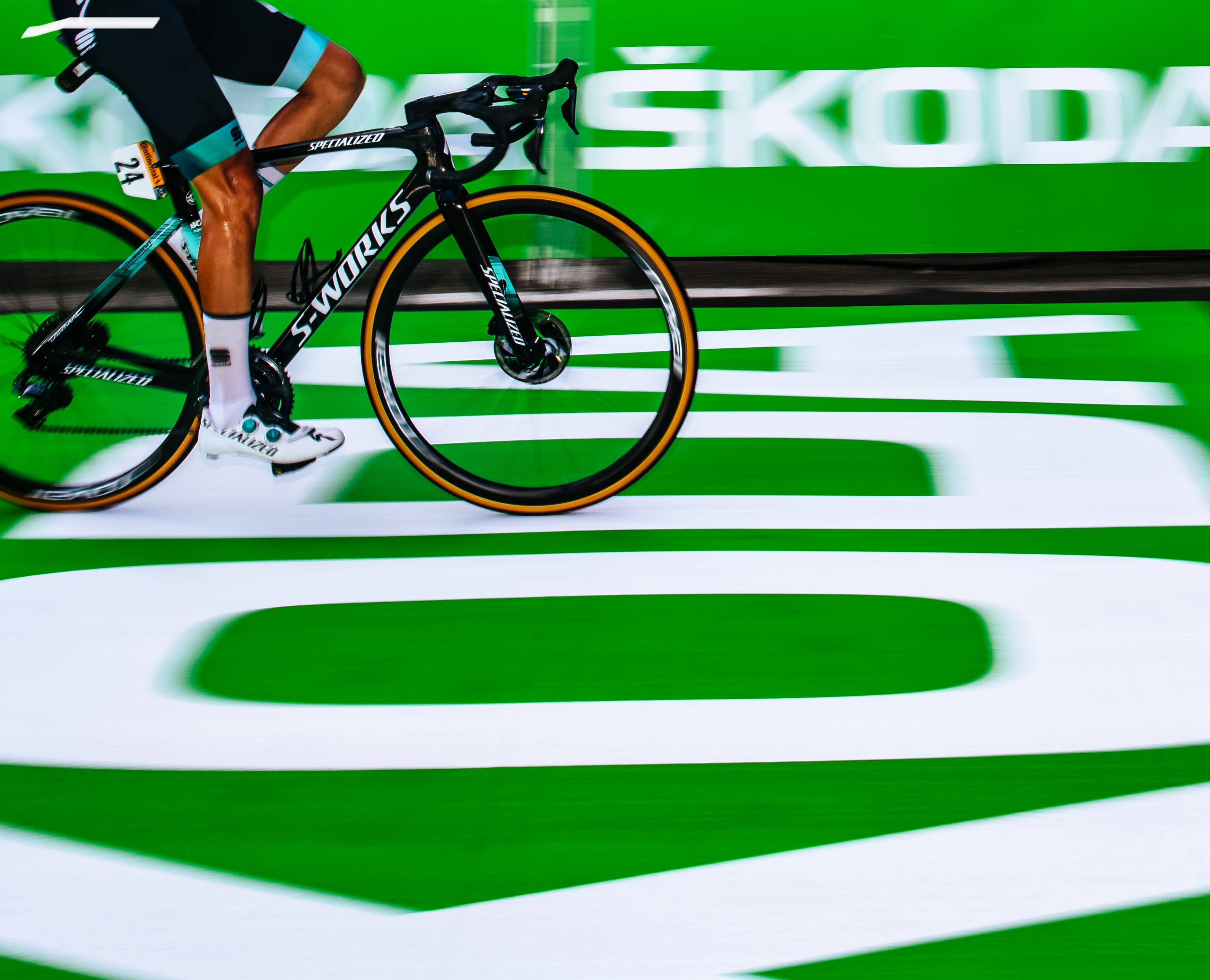
Caffeine may be one of the most performance-enhancing legal supplements there is. Yet, there's a lot more to caffeine than you'd probably expect! How do the Tour riders utilize it on the world's stage?
Caffeine
Yeah, that’s probably not what you were thinking. Caffeine is one of the most natural, yet effective, performance enhancers out there. However, it wasn’t always allowed in professional cycling as it has undeniable performance benefits.
That cup of joe packs more of a performance punch than you probably expected. However, it takes a bit more caffeine to get into the “proven performance enhancement” area as I’ll explain below.
Interestingly, many Tour riders taper their caffeine intake a few weeks before the Tour, so that they can get the maximum benefit from caffeine during the Tour.
How much caffeine is the “right” amount?
You need more than you probably think. From a pure performance standpoint, the clinical evidence indicates 4.5mg per kg of body weight is ideal. So for a 80kg athlete that is 360mg of caffeine to push yourself into the “performance zone”. While you may “feel” the caffeine at a lower amount, we’re seeing it takes more than expected to get real performance benefits.
For reference, a standard espresso shot is around 60mg and a coffee around 100mg. So you get the picture!
When it comes to caffeine, we almost all get a little somewhere in our diet – whether it be tea, coffee, or specific sports nutrition. However, we can really tap into proven performance benefits when we increase the caffeine…but it takes planning and practice.
You probably won’t want to get all the recommended caffeine out of coffee, so utilizing specific sports supplements and nutrition can improve the way you take it on board.
When do you take it?
Caffeine lasts much longer than you expect. The half-life (or time for the caffeine to decrease by half) is around 5 hours. So you want to front-load the caffeine towards the beginning of your workout (often starting an hour before your workout). That ensures you’re going to have plenty of it flowing in the system throughout your workout/event.
Stacking Caffeine & Ketones
If you want to exponentiate the effect of caffeine, add 4g of DeltaGold Ketone Ester to a cup of coffee. This will provide a rapid and marked increase in mental acuity and the ability to focus during training, in addition to the performance benefits you’ll get from glycogen-sparing ketones.
Caffeine Strategy at The Tour
Step 1: Coffee/Espresso
Tour riders will get their first dosage of caffeine (call it 80mg) from their morning coffee/espresso. Then, most will do a 2nd espresso shot on the team bus en route to the start. At this point, their total consumption is 160mg.
Step 2: Pre-Workout Drink
Many riders will also have a pre-workout drink with an additional 150mg of caffeine. Something like Ascent’s Pre-workout is a go-to option for that pre-race bump. This increases your total caffeine to over 300mg before you even start riding, which will continue through the beginning of your event.
Step 3: Caffeinated Gels
After the first hour, look to caffeinated Gels for your final 100mg of Caffeine. I recommend Maurten’s Caffeinated Gel or Clif Double Espresso Gel, both pack a good caffeine punch and are Feed Favorites. You don’t necessarily want to trickle in caffeine with micro-doses, but instead, want a good amount in tandem with your fuel.
When it comes to caffeine, we almost all get a little somewhere in our diet – whether it be tea, coffee, or specific sports nutrition. However, we can really tap into proven performance benefits when we increase the caffeine…but it takes planning and practice. Coaches and athletes should be wary of drastically changing dietary routines immediately before an important competition.
You probably won’t want to get all the recommended caffeine out of coffee, as it can cause some reflux issues, so utilizing specific sports supplements and nutrition can improve the way you take it on board.
